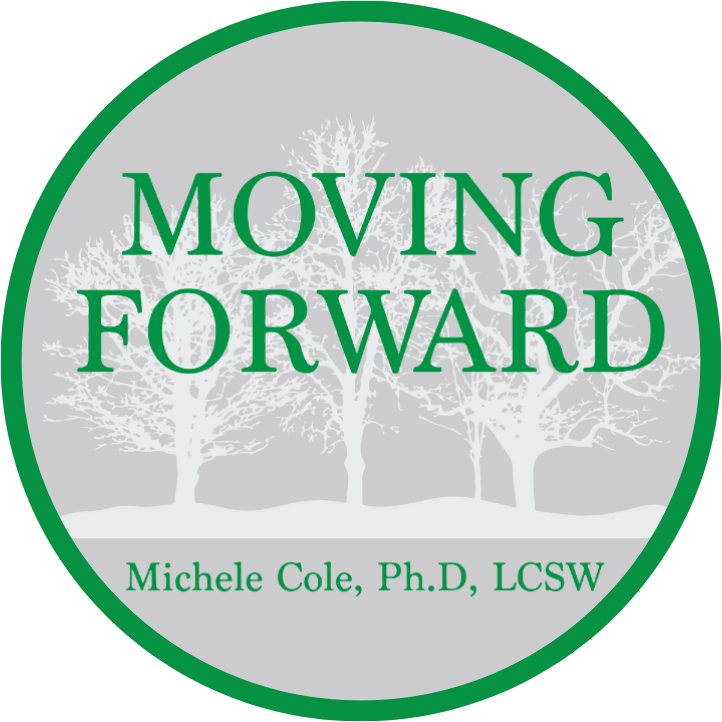Every relationship goes through seasons of miscommunication, hurt feelings, and unresolved tension. When minor misunderstandings start to pile up or old patterns keep repeating, it can feel like you...
Not every kind of therapy fits every person, and that’s okay. What matters is finding an approach that fits your goals, personality, culture, and the problems you want to...
People often use the words “therapy,” “counseling,” and “psychotherapy” like they’re interchangeable, and in everyday talk that mostly works. But in clinical settings, they point to slightly different depths...
Depression often convinces people to minimize what they’re going through or to “push through” on their own. Individual therapy offers a confidential, judgment-free space where your experience is taken...
Most people think therapy for adhd is just tips and tricks, but adequate care reshapes patterns underneath daily struggles. The right approach targets attention, impulse control, working memory, and...
Choosing a format is really about the kind of support you need right now. Group therapy offers a live laboratory for practicing skills, testing assumptions, and receiving feedback from...
Healthy family dynamics depend on the everyday conversations that shape trust, boundaries, and problem-solving. A family counseling center targets those conversations directly because most home conflicts are less about...
If you ask clinicians which approach changes the day-to-day reality of obsessive-compulsive disorder, exposure and response prevention (ERP) tops the list. ERP helps people deliberately face situations, images, or...
Anxiety in teens rarely looks like a single symptom; it’s a weave of restlessness, irritability, perfectionism, stomachaches, sleep changes, and sudden avoidance of once-loved activities. In adolescent therapy, the...
When conflict follows you from the kitchen to the car to the bedroom, it stops being about the original issue and starts eroding trust. A therapist’s office functions like...










